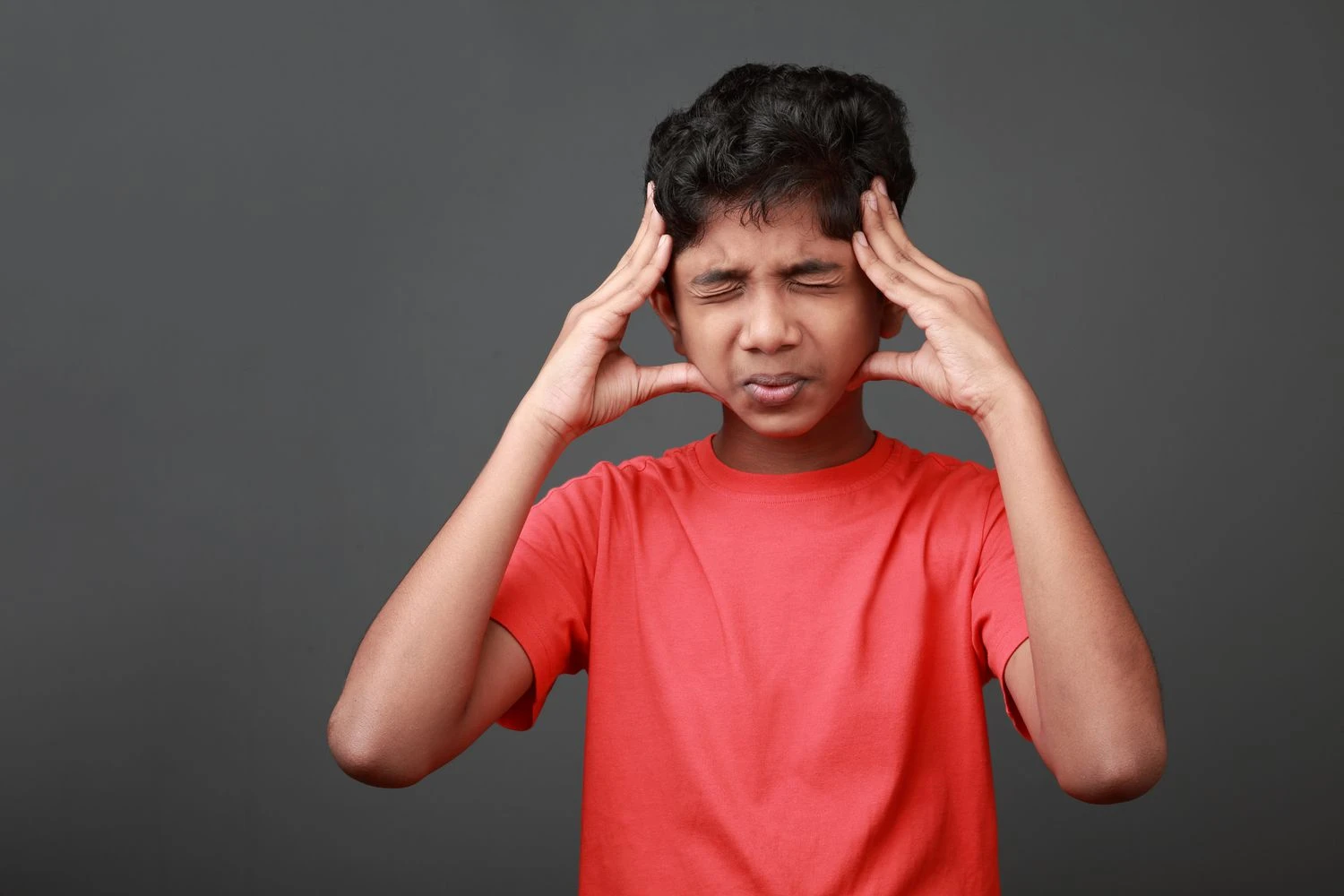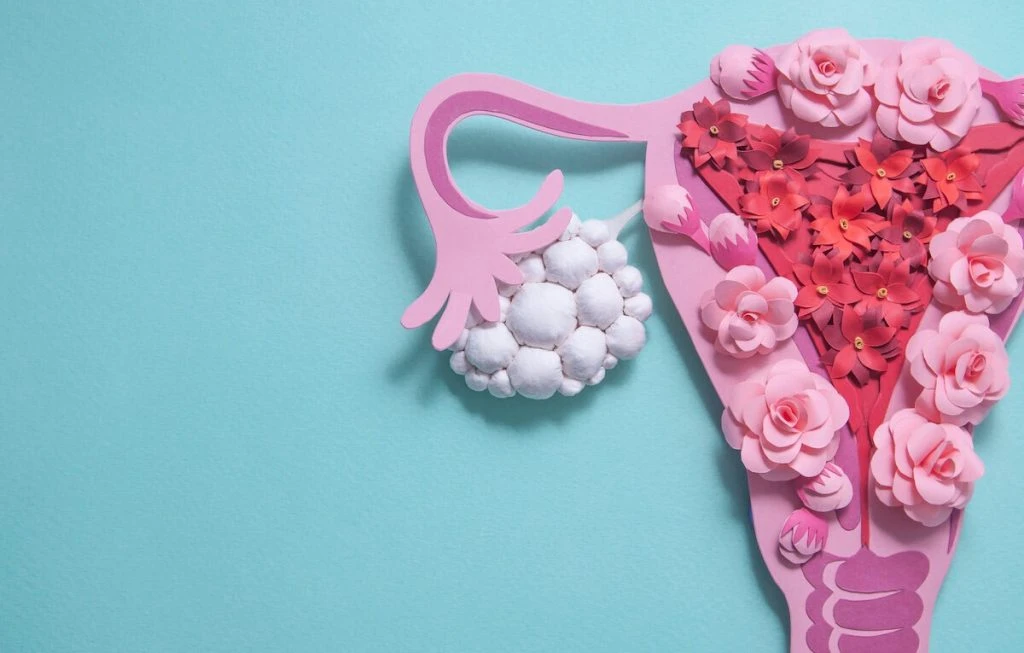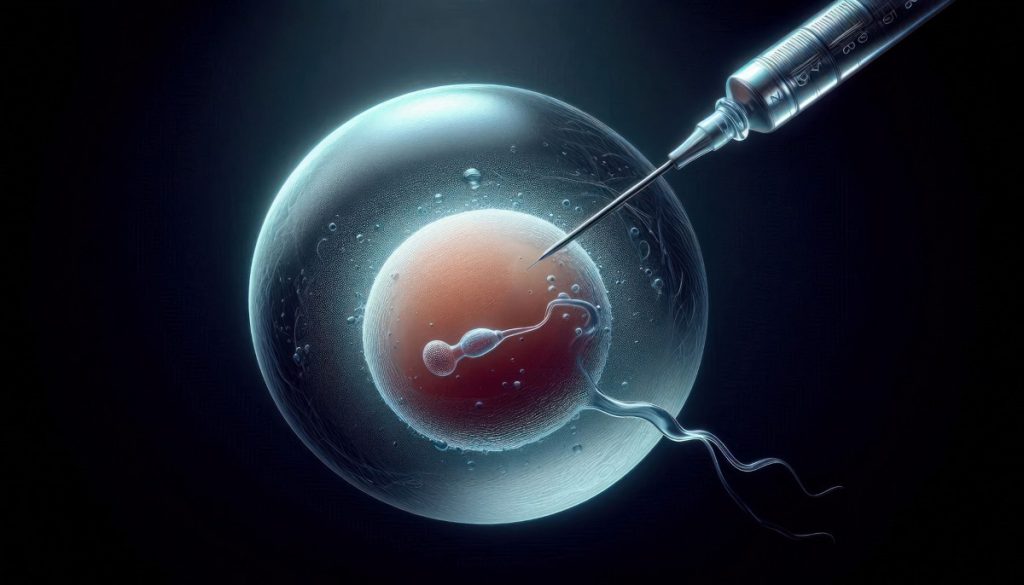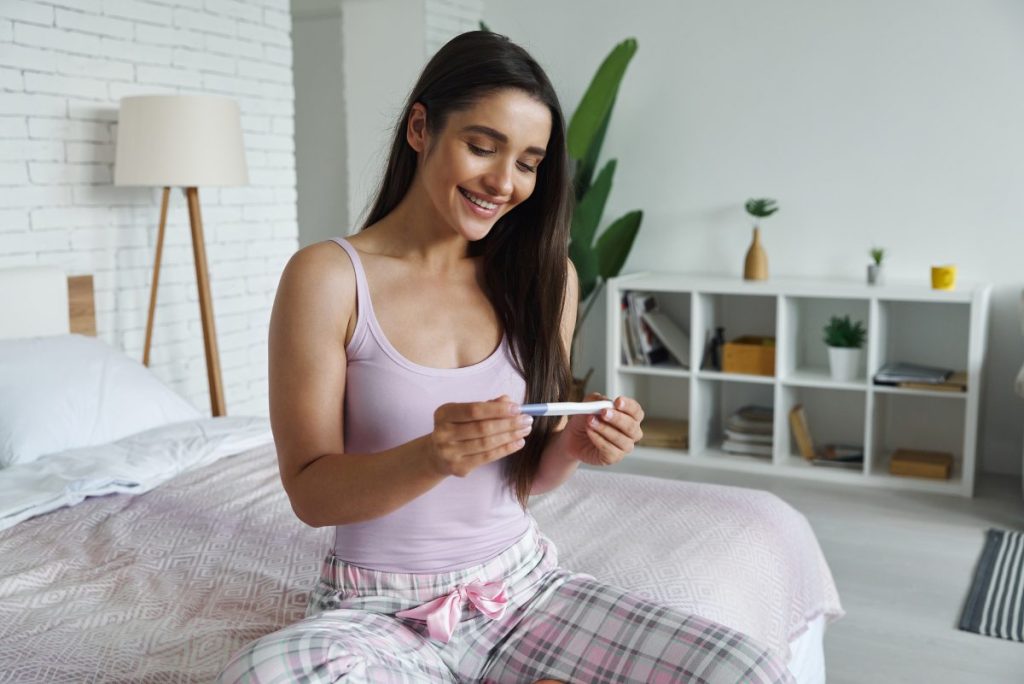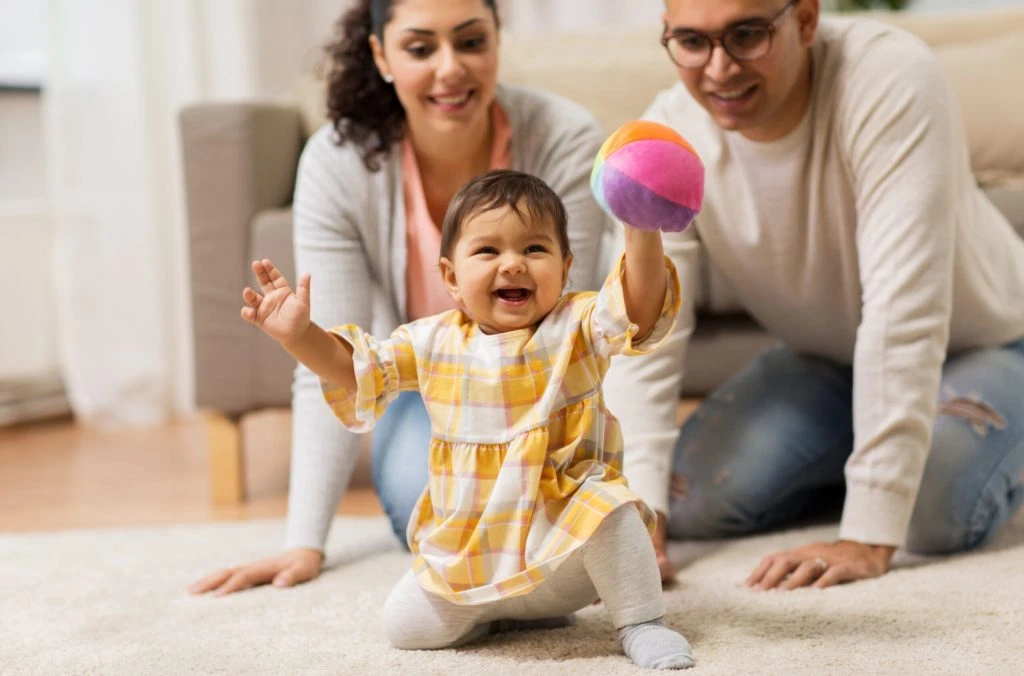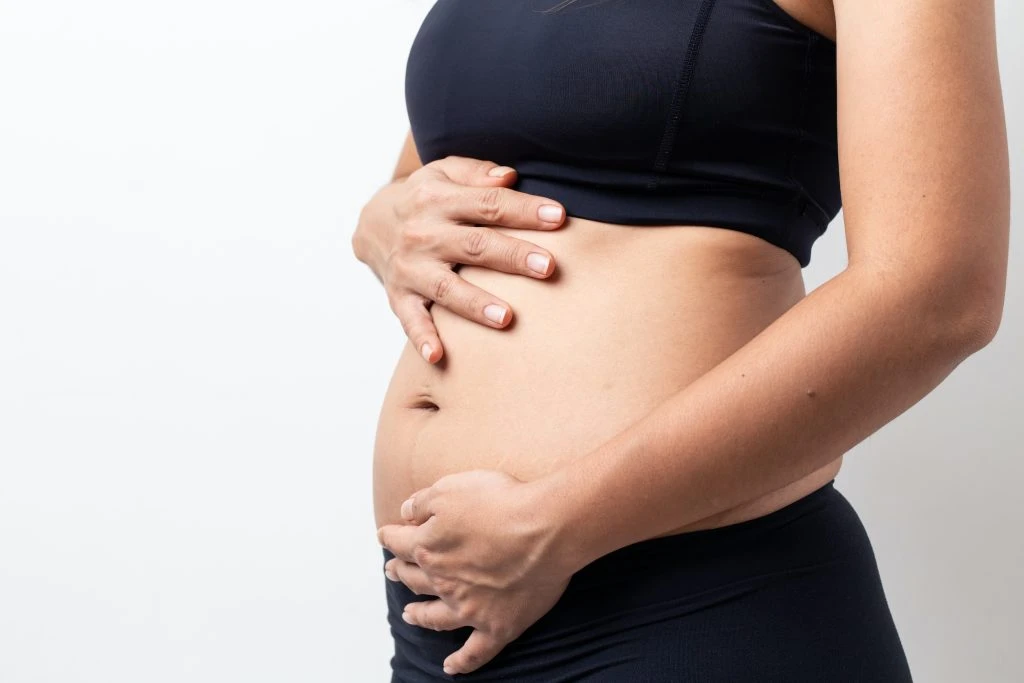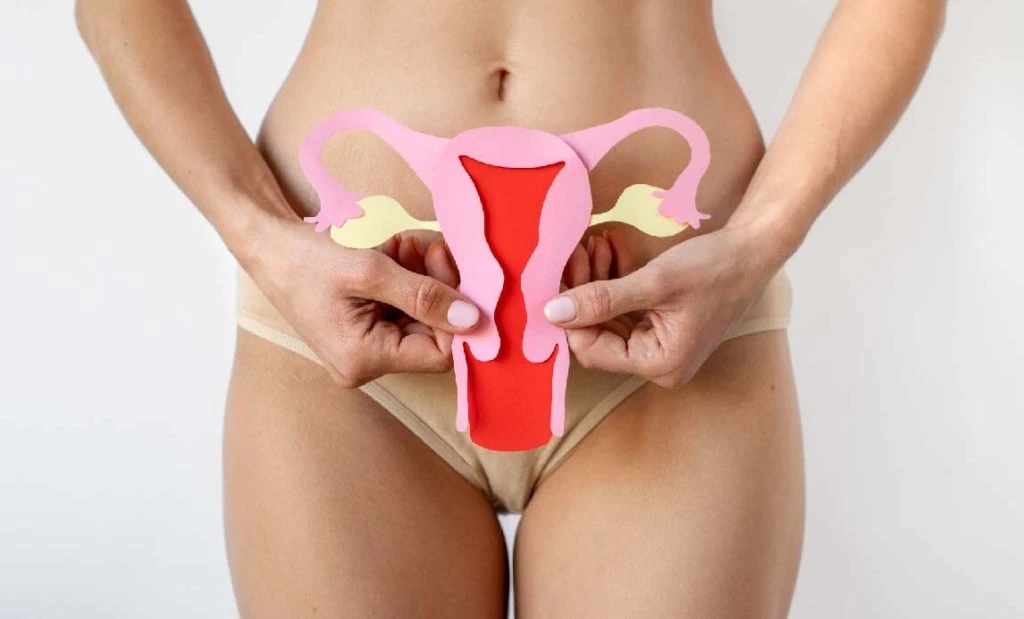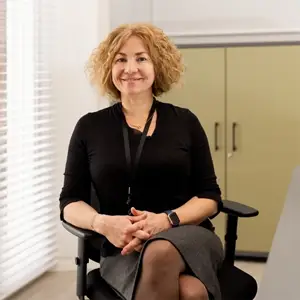Dr Simon Broughton is our expert paediatric consultant and here Simon talks about Headaches children and young people.
I see a lot of children and young people with headaches and one of the most satisfying things I experience at work is when a young person comes to clinic and tells me the headaches have gone and if still there are controllable.
Migraines and other headaches can be very debilitating for those affected and can last from hours to days. There is always a worry when a young person starts having headaches and getting good advice helps developing lifestyle solutions, and treating if necessary.
Prevention
Prevention is much better than cure! Headaches are very common in children over the age of 10 years. They are usually brought on by lifestyle problems and can be alleviated or improved by simple lifestyle adjustments such as:
- Drinking plenty of water: Otherwise, healthy children over 10 years of age should aim for roughly 2 litres of water per day and those over 13 years should aim for around 2.2 to 2.5 Litres per day and more when the weather is hot.
- Sleep hygiene: A healthy sleep pattern is essential. This means no screen time for an hour before bed on phones or other devices. Ideally reading a book before going to sleep. A teenager needs at least 9 hours of sleep during the school week and longer at weekends to catch up. Read about sleep hygiene to maximise the benefits of sleep. (Sleep Strategies for Children | Sleep Foundation).
- No caffeine after lunch time (some teenagers like a cup of tea in the morning – try decaffeinated if possible). This means no tea, coffee, caffeinated soft drinks and energy drinks.
- Identify food trigger: Usually heavy processed food (If it doesn’t look like proper food that has grown out of the ground or in an animal…. it’s not proper food! Try to avoid it. Other triggers need to be identified by a diary, linking headaches with what’s been eaten.
- Exercise: Exercise is really important, get into a routine to do some exercise every day, even if it is just walking to and from school. (remember to drink more fluids if doing strenuous exercise).
What to do if you get a headache?
Usually by implementing these lifestyle changes things will improve, and the headaches will become less frequent. But when a headache occurs, the young person may need some analgesia. Simple over the counter analgesia is the best, paracetamol or ibuprofen are excellent pain killers, use the recommended dose. The key is to take it as soon as possible after the onset of the headache.
- Environment: Normally the person with the headache will want to go and sit or lie in a dark, quiet room until the headache feels better. Take the analgesia and drink plenty of water. The young person may feel nauseous or actually vomit.
- Avoid screens when you have a headache.
Other medications?
- Triptans such as sumatriptan can be very useful if taken very soon after the headache onset. These help to reduce excessive blood flow in the head, which can cause some headaches. They work in some people and not others, but the key is taking them as soon as possible.
- Prophylaxis – sometimes the headaches are so severe that we consider starting a medicine to prevent headaches, these are generally medicines that help to regulate blood flow, antidepressants or anticonvulsants. All of these medicines (like all medicines) have side effects need to be started by a paediatrician with experience in managing headaches. Most importantly, it is essential to undertake the lifestyle changes before starting one of these.
Investigation
If headaches improve with lifestyle changes, then no investigations are necessary, but if not then occasionally imaging of the brain with an MRI scan and very occasionally other investigations such as blood tests are necessary. It is important to discuss this with a Paediatrician or GP. Please contact us if you wish to discuss any concerns you may have.
Red flags and seeking medical advice
We worry when the following signs and symptoms are present:
- Young age (less than 6 years of age)
- Rapid onset of headaches in a young person who normally does not have headaches
- headache that wakes the young person at night
- headache that is present on awakening in the morning
- headache that is progressively getting worse
- headache triggered or aggravated by coughing, sneezing or bending down
- headache with fever and features of sepsis
- headache associated with vomiting
- headache associated with being clumsier, or change in balance or speech
- headache associated with being drowsy
- headache occurring within 5 days of a head injury
- headache associated with pupils looking asymmetrical in size or focus
If any of these signs are present, make sure the young person is reviewed very soon by a GP or a paediatrician. These signs are rare and mainly the headaches will respond to simple lifestyle changes.
In summary
Headaches in children and young people can be distressing, but with the right guidance and management strategies, they can be effectively addressed. By implementing lifestyle adjustments such as staying hydrated, prioritising sleep, and identifying potential triggers, many headaches can be prevented or reduced in severity. Prompt action, including over-the-counter pain relief and creating a comfortable environment, can help manage headaches when they occur. In cases where lifestyle changes alone are insufficient, medical intervention may be necessary, including medications and consultation with healthcare professionals.
To learn more about paediatric healthcare services, visit our paediatric page here or explore Dr Simon Broughton’s profile here.

